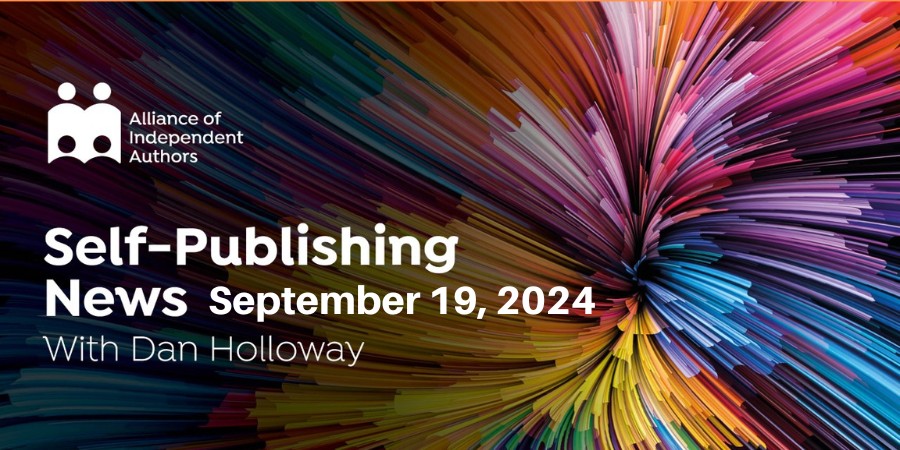As you will recall, Draft2Digital recently surveyed authors, asking for their thoughts on AI, and the results are now in. Possibly the most important announcement, and perhaps the most eagerly anticipated, is highlighted in yellow at the top of the page outlining the results. It states simply, in bold, “At this time, Draft2Digital will not offer AI rights licensing opportunities.”

ALLi News Editor, Dan Holloway
I recommend reading the results in full, but I have pulled out some key highlights here.
Authors Divided on AI Licensing Opportunities
First is the issue of paying authors for the license to train AI on their work. The survey found that 57 percent of authors were previously unaware that this was something AI companies might consider or that it might be a real option. Even after being made aware, many authors weren’t interested (45 percent, compared to 31 percent who were). By a slightly smaller margin, but still a majority (42 percent to 36 percent), authors didn’t want the opportunity to consider such offers of licensing through D2D or Smashwords.
When the questioning turned to compensation, 49.5 percent of authors said no amount of money would persuade them to grant a license for non-competitive AI models (i.e., those that wouldn’t generate content competing with human authors). That figure rose to almost two-thirds (62.8 percent) for competitive models.
Widespread Distrust of AI Companies
 Regarding the practice of scraping content without consent, which is widely recognized as happening with many large language models, the results were unequivocal: only 5 percent thought this was fair use.
Regarding the practice of scraping content without consent, which is widely recognized as happening with many large language models, the results were unequivocal: only 5 percent thought this was fair use.
There was also widespread agreement that the purpose of a model mattered. Seventy-six percent said it mattered to them what a platform proposed to do with their work. Interestingly, the reasons authors opposed AI using their work were tied: 25 percent cited AI companies being untrustworthy, and 25 percent said AI harms creatives.
I’ll end by noting some of D2D’s own commentary. They rightly pointed to the level of distrust between creatives and tech companies. While they note that the AI license market is new and growing, they stated, “We will only enter this market if and when we see an opportunity to protect author and publisher interests.”




